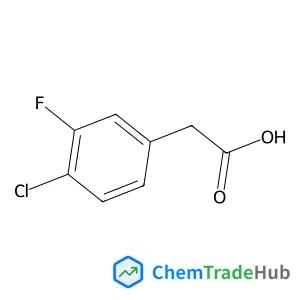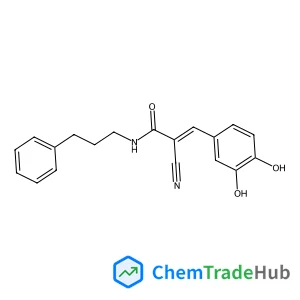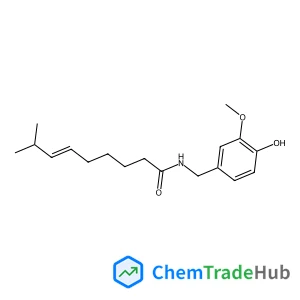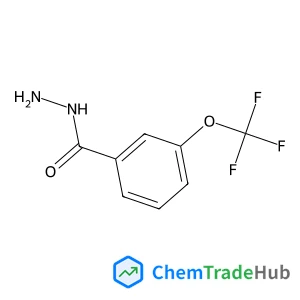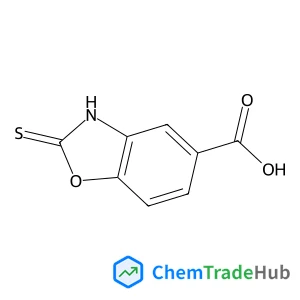An improved fluorescent protein-based expression reporter system that utilizes bioluminescence resonance energy transfer and peptide-assisted complementation
文献情報
Akira Takai, Keiko Yoshizawa
Fluorescent protein-based reporter systems are used to track gene expression in cells. Here, we propose a modified bioluminescence resonance energy transfer (BRET) reporter as a maturation-less reporter that utilizes a peptide-assisted complementation strategy. Using effective dimerized peptides obtained from library–versus–library screening with more than 4000 candidates, rapid activation of the reporter was achieved.
関連文献
IF 6.222
Increasing efficiency of perovskite solar cells using low concentrating photovoltaic systemsIF 6.367
Contents listIF 6.222
Life cycle assessment of power-to-gas with biogas as the carbon sourceIF 6.367
Front coverIF 6.843
Synthesis and optical and electronic properties of one-dimensional sulfoxonium-based hybrid metal halide (CH3)3SOPbI3IF 6.222
Visible light-driven cross-coupling reactions of alkyl halides with phenylacetylene derivatives for C(sp3)–C(sp) bond formation catalyzed by a B12 complexIF 6.222
Synthesis of aviation fuel from bio-derived isophoroneIF 6.367
Near infrared light activation of an injectable whole-cell cancer vaccine for cancer immunoprophylaxis and immunotherapyIF 6.843
Direct arylation polycondensation towards water/alcohol-soluble conjugated polymers as the electron transporting layers for organic solar cellsIF 6.222
掲載誌
Chemical Communications
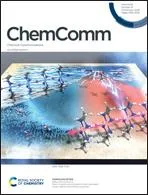
ChemComm publishes urgent research which is of outstanding significance and interest to experts in the field, while also appealing to the journal’s broad chemistry readership. Our communication format is ideally suited to short, urgent studies that are of such importance that they require accelerated publication. Our scope covers all topics in chemistry, and research at the interface of chemistry and other disciplines (such as materials science, nanoscience, physics, engineering and biology) where there is a significant novelty in the chemistry aspects. Major topic areas covered include: Analytical Chemistry Catalysis Chemical Biology and medicinal chemistry Computational Chemistry and Machine Learning Energy and sustainable chemistry Environmental Chemistry Green Chemistry Inorganic Chemistry Materials Chemistry Nanoscience Organic Chemistry Physical Chemistry Polymer Chemistry Supramolecular Chemistry
おすすめサプライヤー
 WMTエンジニアリング
WMTエンジニアリング 武汉博欧特生物科技有限公司
武汉博欧特生物科技有限公司 广州観泓生物科技有限公司
广州観泓生物科技有限公司 スパンチェm(上海)化学有限公司
スパンチェm(上海)化学有限公司 Heiza—Werkstätten Wärmetechnik GmbH
Heiza—Werkstätten Wärmetechnik GmbH 山东美正生物科技有限公司
山东美正生物科技有限公司 銀 tuyu 化学 有限責任 公司
銀 tuyu 化学 有限責任 公司 深圳三力高科技有限公司
深圳三力高科技有限公司 安徽天潤化学工業股份有限公司
安徽天潤化学工業股份有限公司 浙江常山金雄有限公司
浙江常山金雄有限公司










